Five new long-distance domestic flights are coming to Ronald Reagan Washington National Airport (DCA).
After months of public and behind-the-scenes jockeying among airlines and lawmakers, the U.S. Department of Transportation announced tentative approval for the airlines — and cities — awarded these highly-coveted flight rights.
A DOT spokesperson on Wednesday confirmed to TPG the new routes airlines that are tentatively approved to soon launch.
Those include:
- American Airlines, with nonstop service from DCA to San Antonio International Airport (SAT).
- Alaska Airlines, with nonstop service from DCA to San Diego International Airport (SAN).
- Delta Air Lines, with nonstop service from DCA to Seattle Tacoma International Airport (SEA).
- Southwest Airlines, with nonstop service from DCA to Las Vegas' Harry Reid International Airport (LAS).
- United Airlines, with a second daily nonstop flight from DCA to San Francisco International Airport (SFO).
Tightly-restricted space
Airlines badly wanted these new routes. Reagan is easily the closest and most convenient airport to downtown Washington, just a short Metro or car ride away from the city center and key landmarks.
However, for decades, the U.S. Department of Transportation has closely guarded DCA's limited space.
DOT rules technically prohibit airlines from flying routes from Reagan to destinations beyond 1,250 statute miles.
However, over the years, Congress has authorized dozens of exceptions to these rules in the form of so-called "beyond perimeter exemptions."

Daily Newsletter
Reward your inbox with the TPG Daily newsletter
Join over 700,000 readers for breaking news, in-depth guides and exclusive deals from TPG’s experts
By signing up, you will receive newsletters and promotional content and agree to our Terms of Use and acknowledge the data practices in our Privacy Policy. You may unsubscribe at any time.
Each exception allows an airline to fly a specific DOT-approved route by way of a "slot pair" handed down by the agency. One "slot pair" includes one takeoff and one landing — in other words, a single round trip beyond the 1,250-mile perimeter.
Through the years, exemptions to the DCA perimeter rules have allowed a handful of airlines to establish transcontinental routes from Reagan to the West Coast by way of cities like Los Angeles, Seattle, San Francisco, Portland, Las Vegas, Phoenix, Salt Lake City and Denver — among others.
In May, Congress directed the DOT to hand out five additional slot pairs, in a controversial decision that came "over the strong opposition" of the airport's governing body.
Along with lawmakers in the region, the Metropolitan Washington Airports Authority has criticized Congressional decisions to add flights to already congested airspace at Reagan — and pointed to the comparably larger Dulles International Airport (IAD) and Baltimore/Washington International Thurgood Marshall Airport (BWI) as better suited for growth.
The total number of seats on domestic flights out of Reagan is set to rise nearly 19% in 2024 versus 2014, a decade ago, according to data from aviation analytics firm Cirium.
Domestic seats out of Dulles were set to rise by just over 10%.
Read more: What are airport slots, and how do they affect your flights?
Another round of slots
Nonetheless, the move sent airlines clamoring for potential new routes from Reagan to cities beyond the perimeter.
The DOT outlined highly specific criteria in late June that governed which airlines and routes might be eligible, with promises to base decisions on promoting competition and serving the public with the best connectivity to underserved routes.
These rules, no doubt, influenced which carriers even bothered applying.
Which airlines lost out?
Seven airlines applied for the five routes, with two ultimately left out.
Left out carriers include Spirit Airlines, which applied for a DCA nonstop to Norman Mineta International Airport (SJC) in San Jose, California, and JetBlue, which had proposed a second daily nonstop to San Juan, Puerto Rico.
The airlines getting DCA's new long-distance flights
Here's a closer look at the routes that did win DOT approval:
| American Airlines | DCA-SAT | Expands the carrier's hub operations at DCA.
American already operates four "long-distance" DCA routes to Austin, Las Veags, Los Angeles and Phoenix. |
| Alaska Airlines | DCA-SAN | Connects the Seattle-based to its only largest West Coast hub without a DCA nonstop, along with LAX, San Francisco, Porland and Seattle. |
| Delta Air Lines | DCA-SEA | Adds competition to the DCA-SEA route currently served exclusively by Alaska.
Gives Delta a second beyond-perimeter DCA route, on top of existing Salt Lake City service. |
| Southwest | DCA-LAS | Gives the carrier a second beyond-perimeter destination, along with Austin.
Also adds competition to DCA-LAS route currently served exclusively by American. |
| United | DCA-SFO | The new route marks United's second daily DCA nonstop to SFO, which it will now serve from all three major D.C. region airports.
United also flies a beyond-perimeter route from Reagan to Denver. United plans to fly the route with a Boeing 737 MAX 9 aircraft. |
While the DOT's announcement Wednesday is technically just tentative, airlines and cities awarded the routes already began celebrating the news.
"Today marks a significant milestone for San Antonio as we get one step closer to securing a nonstop flight between SAT and DCA," San Antonio Mayor Ron Nirenberg said in a statement. "This connectivity between San Antonio and our nation's capital is long overdue."
Related reading:
- When is the best time to book flights for the cheapest airfare?
- The best airline credit cards
- What exactly are airline miles, anyway?
- 6 real-life strategies you can use when your flight is canceled or delayed
- Maximize your airfare: The best credit cards for booking flights
- The best credit cards to reach elite status
- What are points and miles worth? TPG's monthly valuations
Editorial disclaimer: Opinions expressed here are the author’s alone, not those of any bank, credit card issuer, airline or hotel chain, and have not been reviewed, approved or otherwise endorsed by any of these entities.


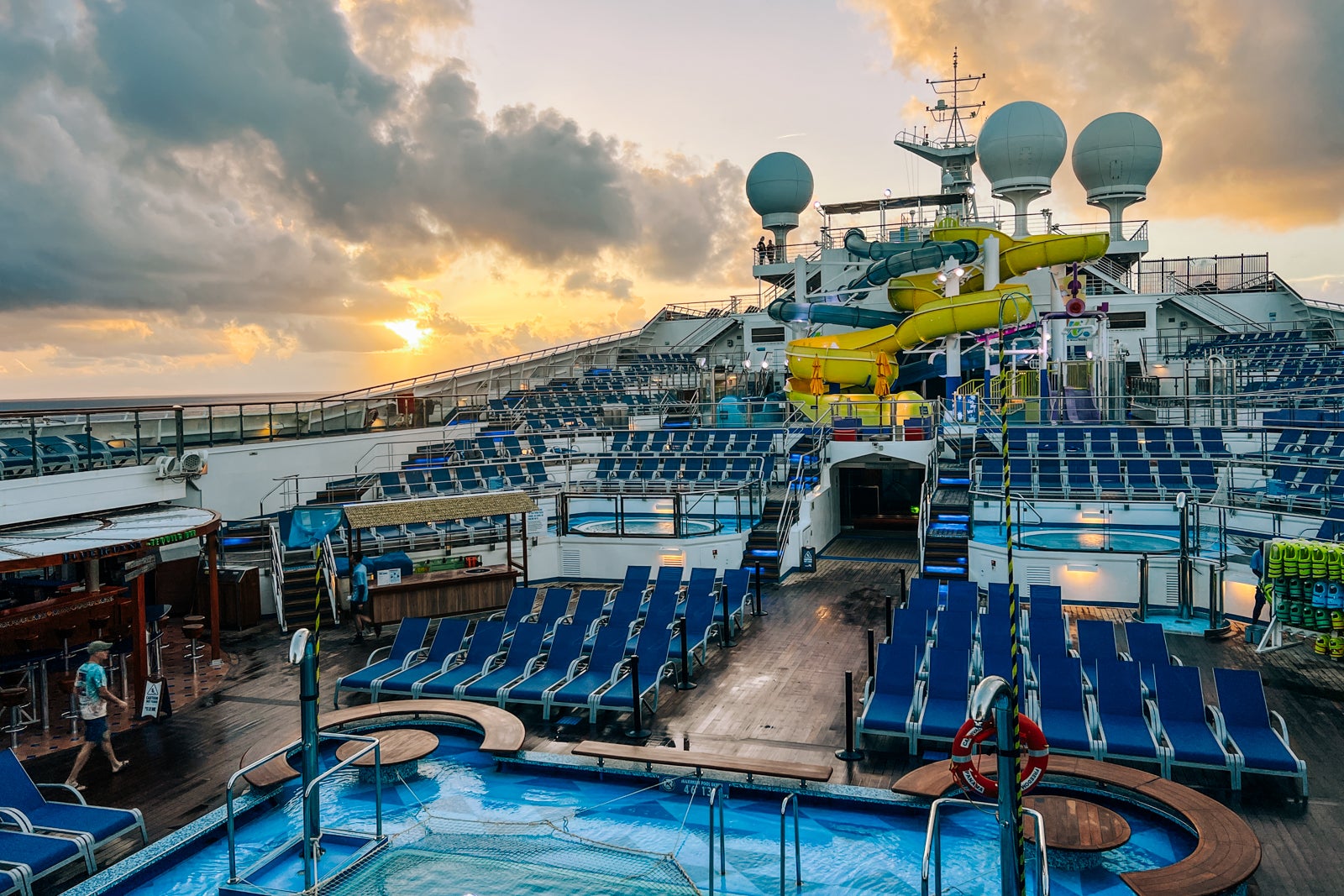
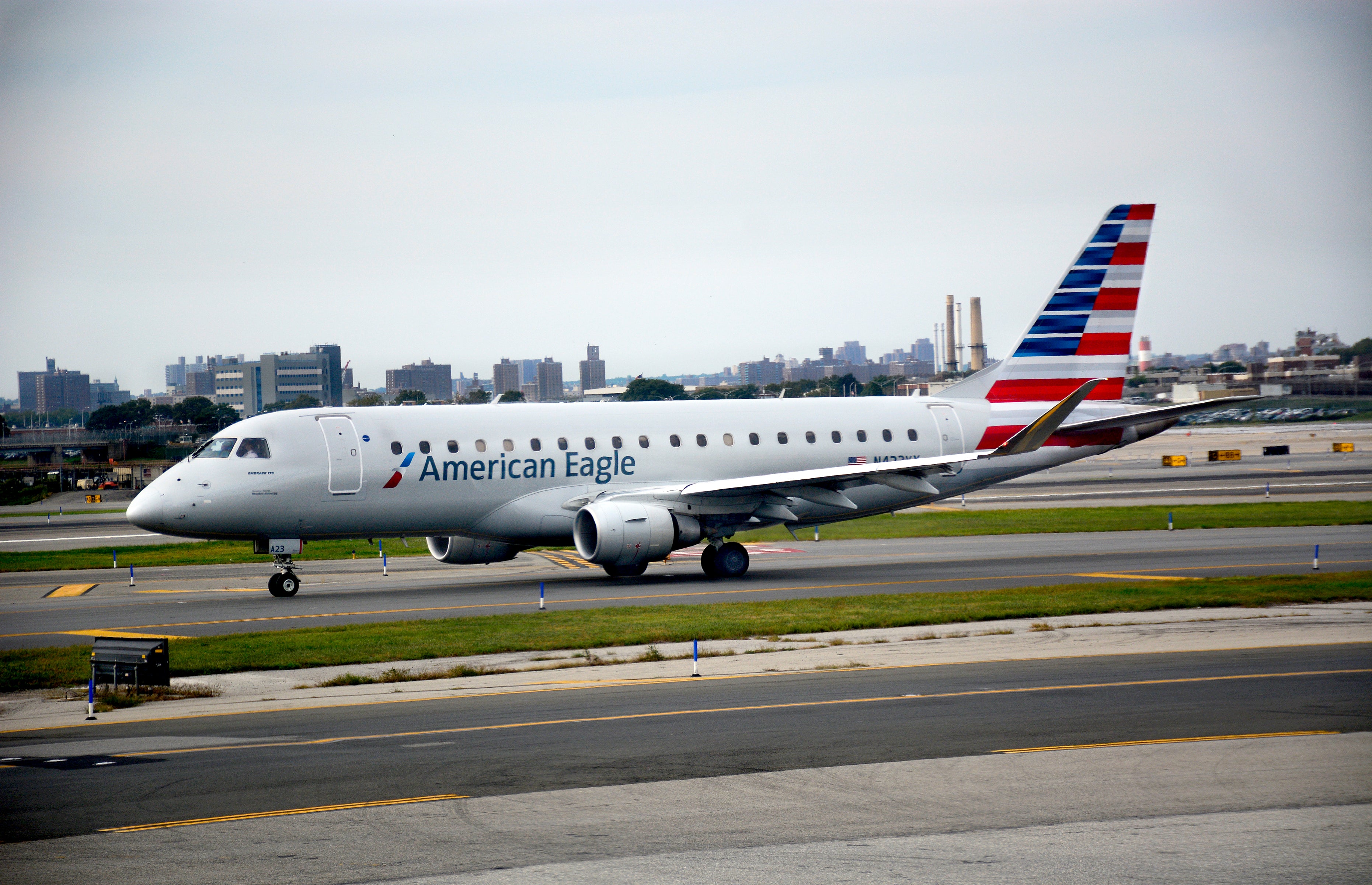








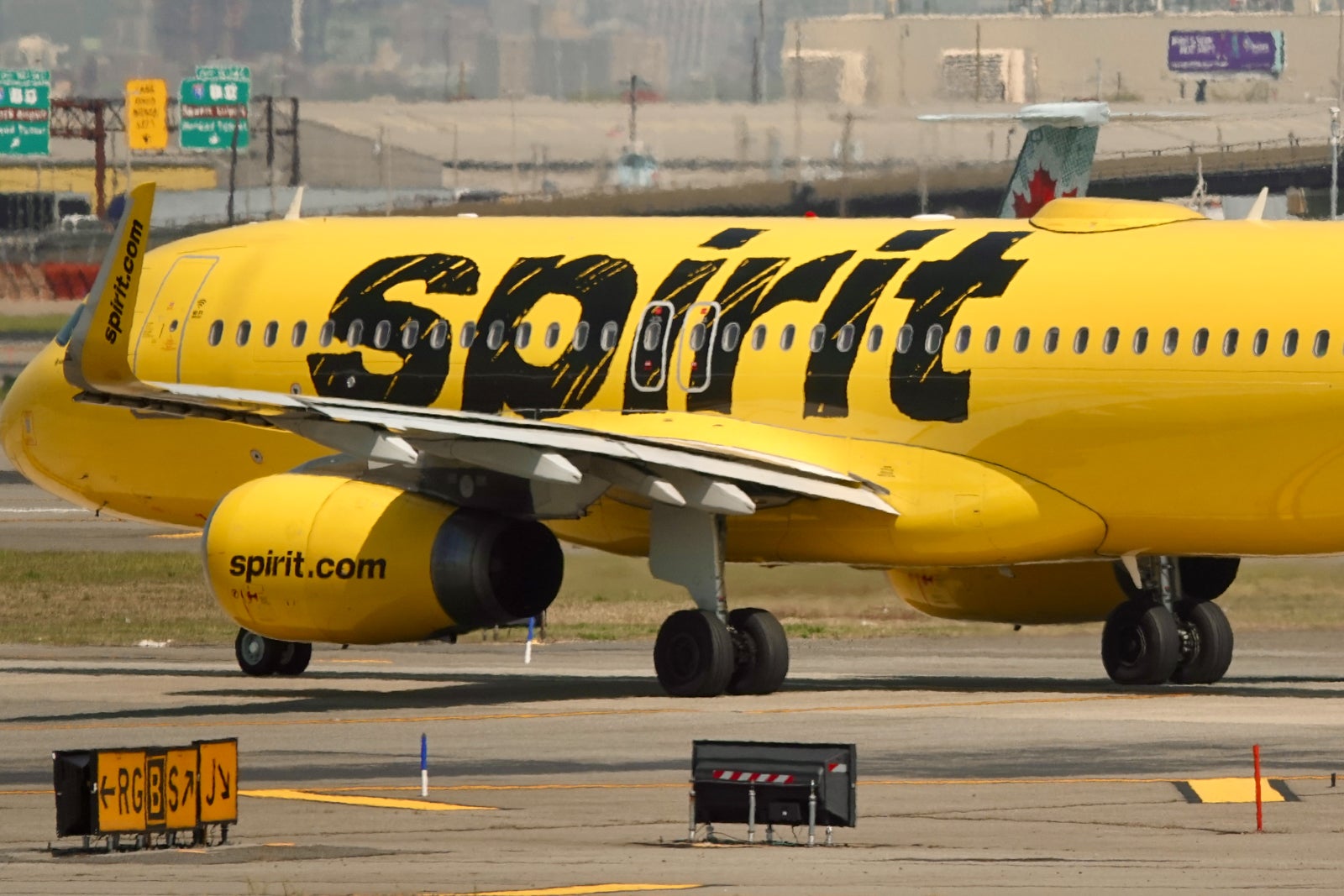
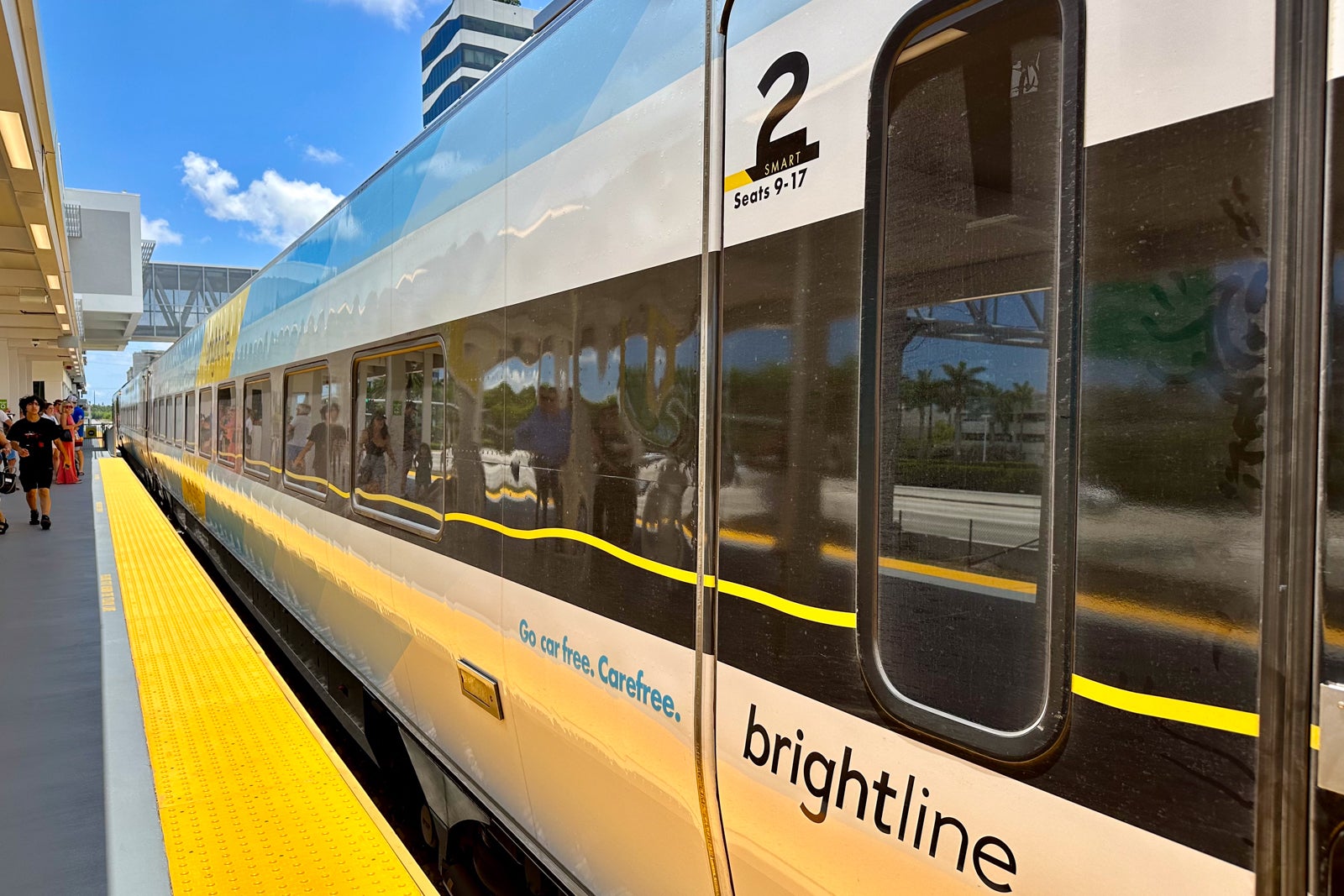


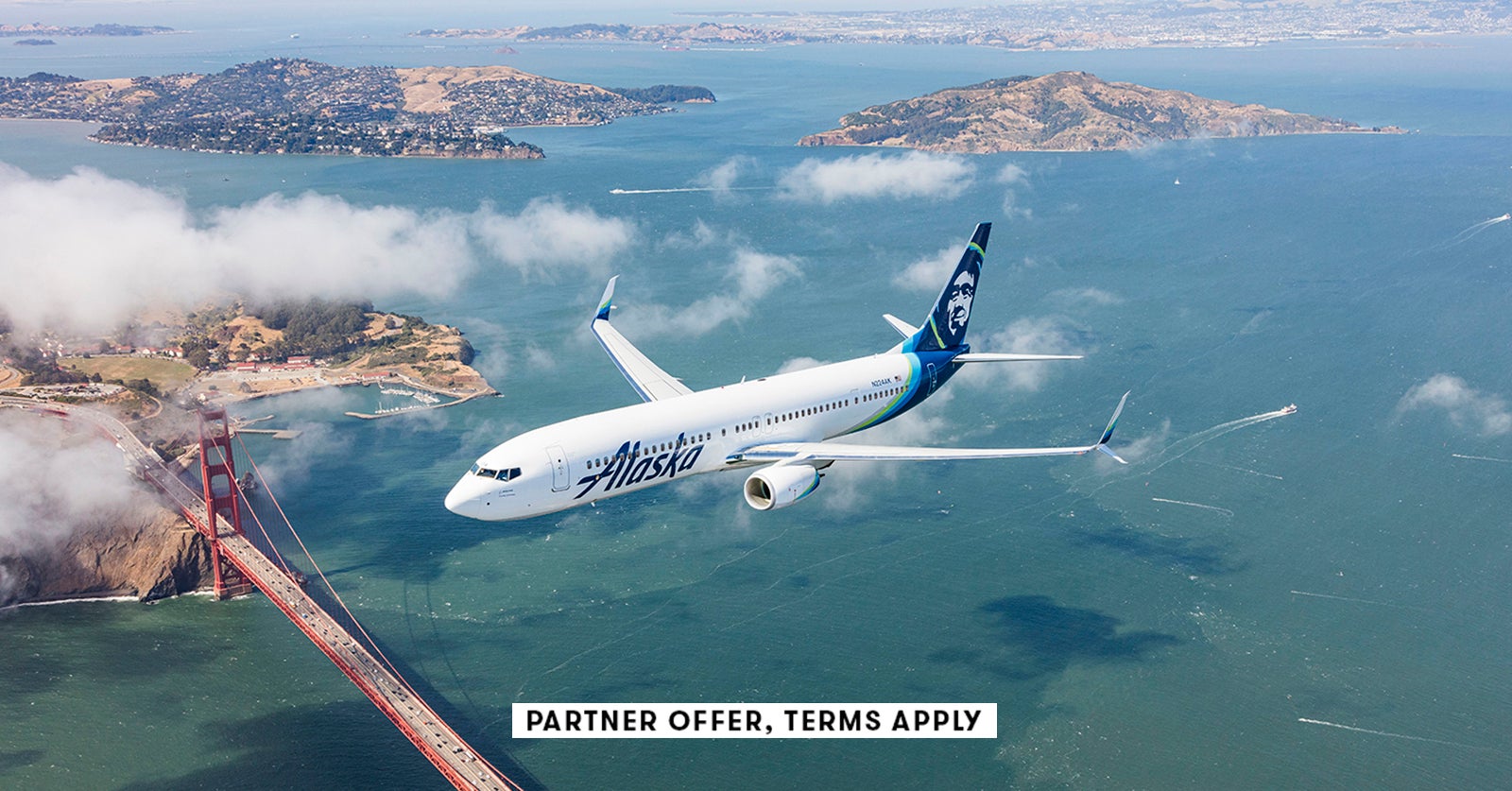


 English (US) ·
English (US) ·